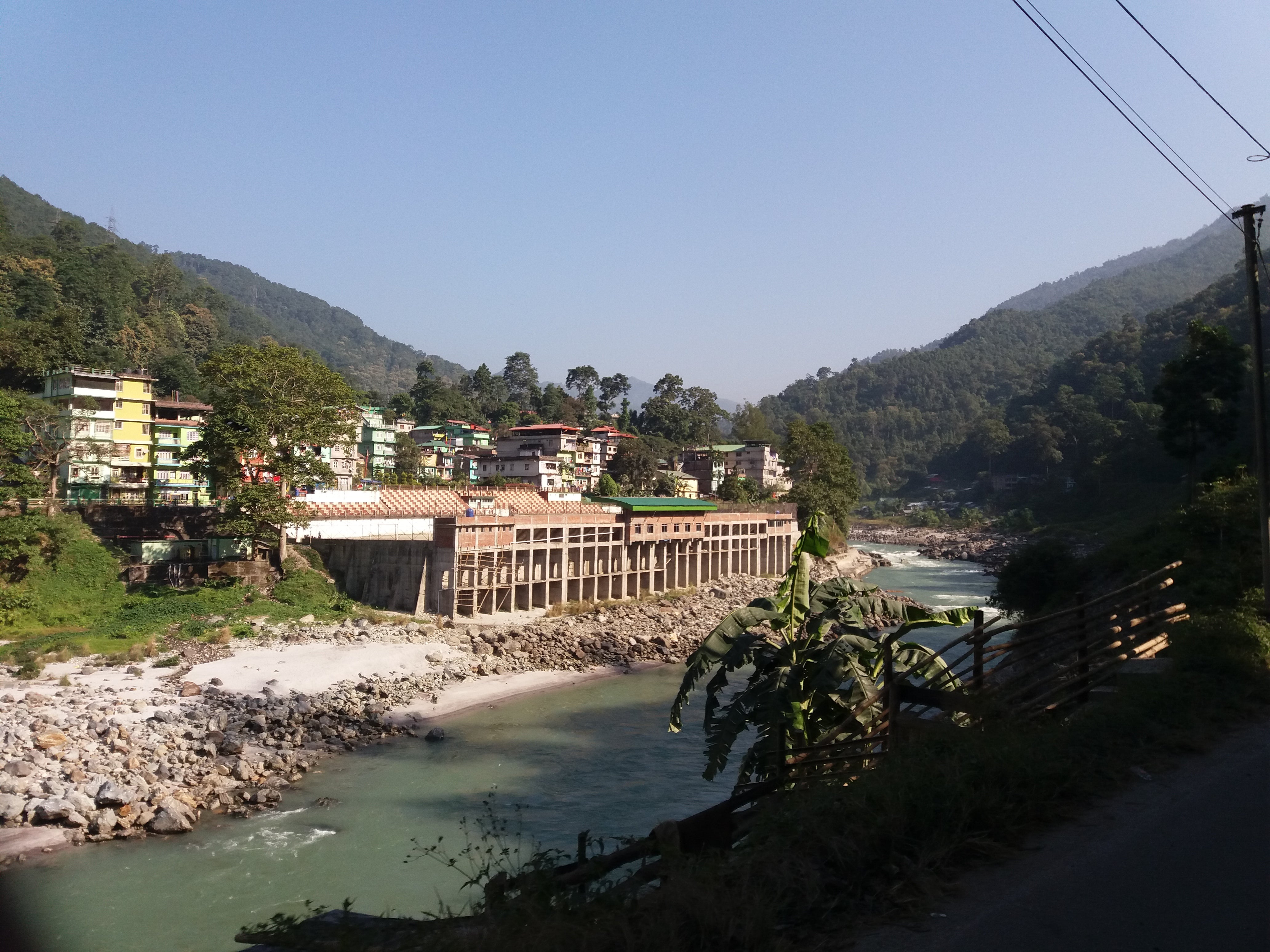Summary
India’s position that water disputes do not fall in the United Nations Security Council’s domain is primarily because the country itself is primarily engaged in water-related differences and disputes with its neighbours.
On 15 September 2021, the United Nations Security Council (UNSC) issued a statement for the first time on transboundary water disputes. The UNSC statement on the Grand Ethiopian Renaissance Dam (GERD) stated:
“The Security Council encourages Egypt, Ethiopia, and the Sudan to resume negotiations at the invitation of the Chairperson of the African Union (AU) to finalize expeditiously the text of mutually acceptable and binding agreement on the filling and operation of the GERD, within a reasonable time frame.”
“The Security Council encourages observers that have been invited to attend the AU-led negotiations and any other observers that Egypt, Ethiopia, and the Sudan may consensually decide to jointly invite, to continue supporting the negotiations with a view to facilitating resolution of outstanding technical and legal issues.”
The UNSC, however, clarified that “this statement does not set out any principles or precedent in any other transboundary water disputes.” It is reported that the final version of the presidential statement had removed a clause under which the UN Secretary-General should receive a report on the status of the dispute over the GERD every six months. Several countries had objections as this would have formally placed the matter on the UNSC’s agenda.
The GERD is a US$4 billion (S$5.4 billion) project on the Blue Nile River in the Benishangul-Gumuz region of Ethiopia. Construction works for the GERD started in 2011. The Ethiopian government raised funds from its residents, non-residents and members of its diaspora willing to invest in the dam project. Chinese banks also provided funds for the project. In March 2015, the leaders of Egypt, Ethiopia and Sudan met in Khartoum to sign the ‘Nile Agreement’ that deals with the GERD. Nonetheless, later, Egypt expressed fear that the GERD would harm the country’s water supply. Sudanese officials were also worried about the impact of the GERD on its 20 million people, mostly farmers. In June 2020, under the provisions of Article 35 of the UNSC, Egypt referred the matter to the UNSC.
In the UNSC, Kenya, Niger, Mexico and St Vincent and Grenadines stressed that the matter should be resolved at the regional level. India’s Deputy Permanent Representative to the UN, R Raguttahalli, stated:
“…We [India] are equally conscious that negotiations on transboundary water-sharing are complex and need considerable data, expertise and time to come to a satisfactory agreement, since it directly involves the lives of people. Such negotiations are best held among experts bilaterally or facilitated by relevant technically qualified institutions. Consequently, India is of the view that the negotiating parties should continue their bilateral engagements, as well as cooperate fully, in a focused manner, to reach a mutually acceptable long-term solution to the relevant issues…India’s principled position is that, as a general rule, transboundary water issues do not belong to the domain of the Security Council…”
India has water-related issues with its neighbours. In 1960, India and Pakistan signed the Indus Waters Treaty (IWT). In recent years, due to an increase in population, accelerating climate change and unsustainable water management practices, the demand-supply gap of waters in the Indus basin has further widened. To address such water concerns, there has been demands in both India and Pakistan to revisit the IWT or amend some of its provisions. This is, however, not possible because the water issue has become “securitised” and there is a growing “water nationalism” in both countries undermining any prospect for cooperation.
India is an upper and middle riparian to Bangladesh with which it shares 54 rivers. In 1996, the two countries signed a Ganges Water sharing agreement. However, serious differences persist. In 2011, India and Bangladesh agreed on the Interim agreement on River Teesta, under which India would receive 42.5 per cent and Bangladesh 37.5 per cent of water during the lean season. However, the Chief Minister of West Bengal, Mamata Banerjee, is opposed to the new water-sharing percentage.
While some Indian defence analysts and scholars believe that China’s upstream projects in Tibet over River Brahmaputra are a threat to India’s water supply, other scholars have not bought into these arguments. The India-China memoranda of understanding on water-related matters are largely affected by their political relationships and military tensions on their border.
More than water sharing, India and Bhutan have issues related to hydropower and hydro debt. In Nepal, protests have occurred on India’s efforts to build dams on the Koshi river and work on the Pancheswar dam was resisted both in India and Nepal.
In the past, in January 1976, Bangladesh launched a formal protest against India at the UN General Assembly (UNGA) over water issues. In June 1976, the UNGA adopted a consensus statement encouraging the two countries to negotiate and resolve the issues. It was a precursor to the 1977 India-Bangladesh agreement on sharing water from River Ganga. Again in 2003, due to India’s upper riparian activities, some of the ministers of the then Bangladesh government considered appealing to the UN to redraft international law on water sharing from transboundary rivers.
If the UNSC decides to play an active role in water-related disputes, it is quite likely that India’s neighbours could seek its help instead of looking for bilateral solutions. However, this is not likely to go down well in India.
. . . . .
Dr Amit Ranjan is a Research Fellow at the Institute of South Asian Studies an autonomous research institute at the National University of Singapore. He can be contacted at isasar@nus.edu.sg. The authors bear full responsibility for the facts cited and opinions expressed in this paper.
Photo credit: Wikimedia Commons
-
 More From :
More From :
-
 Tags :
Tags :
-
 Download PDF
Download PDF



